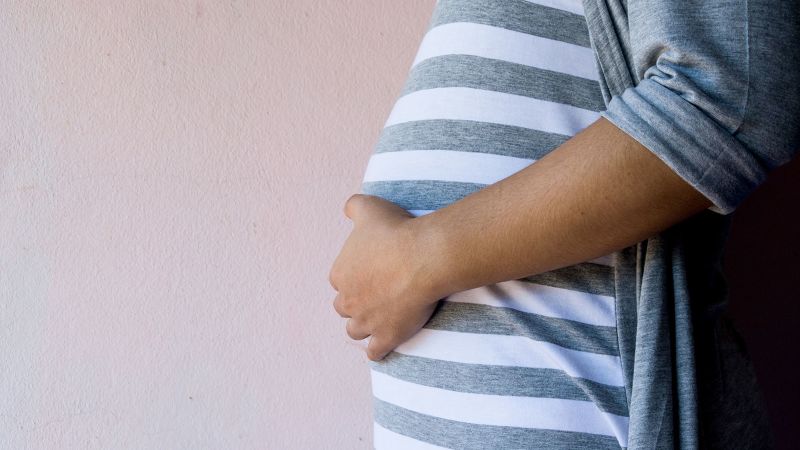In a concerning move within West Virginia, a local prosecutor has issued a warning that individuals who experience miscarriages could face legal consequences. The Raleigh County Prosecuting Attorney, Tom Truman, voiced his apprehension regarding this issue during discussions with other legal officials, suggesting that, while he personally would not pursue charges in such instances, others might interpret the law differently. His comments come in the wake of a shifting reproductive landscape following recent changes in abortion rights across the United States, which have made the legal situation surrounding pregnancy more precarious.
Truman’s alarming suggestion—notably, to inform local law enforcement about personal miscarriages—has sparked widespread debate among reproductive rights experts. While some have confirmed that incidences of criminal charges related to miscarriages have occurred in various states, they overwhelmingly advise against contacting law enforcement. The backdrop of this conversation highlights the complexities of interpreting state laws that might include vague definitions surrounding human remains—a concern elevated by the legal debates surrounding women’s rights post-Roe v. Wade.
Previously, the discussions surrounding potential legal actions were largely theoretical, based on the understanding that women’s constitutional rights to abortion were largely secure. However, since the Supreme Court’s decision to reverse these protections, some prosecutors may be emboldened to pursue criminal charges under existing laws regarding human remains. Truman has acknowledged that the current landscape provides significant leeway for prosecutors who might have particular agendas, emphasizing that the loss of Roe v. Wade has altered the judicial atmosphere considerably.
Medical experts weigh in on the issue of miscarriages, which are relatively common, occurring in approximately 10% of known pregnancies, often due to various medical factors. Dr. Kristyn Brandi, an ob/gyn from New Jersey, noted that while hospitals have established protocols for handling tissue from miscarriages—such as medical waste disposal or designated testing processes—these practices are not uniformly applied in everyday situations. Many women may inadvertently dispose of miscarriage-related tissue in typical household waste, further complicating the risk of legal repercussions.
Reproductive law professionals, including Kim Mutcherson from Rutgers Law School, advocate against involving police in private matters regarding pregnancy loss. Mutcherson warns that initiating police contact may lead to invasive inquiries that could escalate a compassionate situation into a criminal case. She expressed discomfort at any scenario in which a woman who’s experienced a miscarriage would feel obliged or safe to report the loss.
The legal ramifications surrounding miscarriages differ significantly across states, with some, like West Virginia, under stringent abortion laws. Despite the lack of laws explicitly criminalizing miscarriage, the atmosphere created by new reproductive laws following the Dobbs ruling has created an unsettling legal climate. This has led to numerous pregnant individuals facing criminal charges related to their reproductive choices, further illustrated by a report from Pregnancy Justice noting over 200 such cases from June 2022 to June 2023.
Additionally, vulnerability increases in states with stringent fetal personhood laws, where the rights of embryos and fetuses are akin to that of living individuals. This legal framing could result in extreme penalties for pregnant individuals who engage in certain behaviors perceived as endangering fetal health. In Ohio, a woman faced felony charges for a miscarriage, although the case was later dismissed, highlighting the precarious nature of legal interpretations surrounding miscarriage.
Prominent figures, including Brittany Fonteno, CEO of the National Abortion Federation, stress that the current environment poses significant concerns for individuals navigating pregnancy. Fonteno calls for a shift in focus away from criminalization and towards expanding supportive healthcare services for individuals facing reproductive health challenges.
In summary, the warning from the West Virginia prosecutor, coupled with the increasing legal scrutiny surrounding pregnancy loss, accentuates the urgent need for clearer legal protections and support systems. The prevailing sentiment among reproductive health professionals suggests steering clear of law enforcement, emphasizing that medical professionals should be the primary point of contact for individuals experiencing miscarriage. The ongoing discourse surrounding miscarriages, reproductive rights, and the intersection of health and law signals critical changes that demand attention and advocacy for pregnant individuals’ rights and wellbeing.



